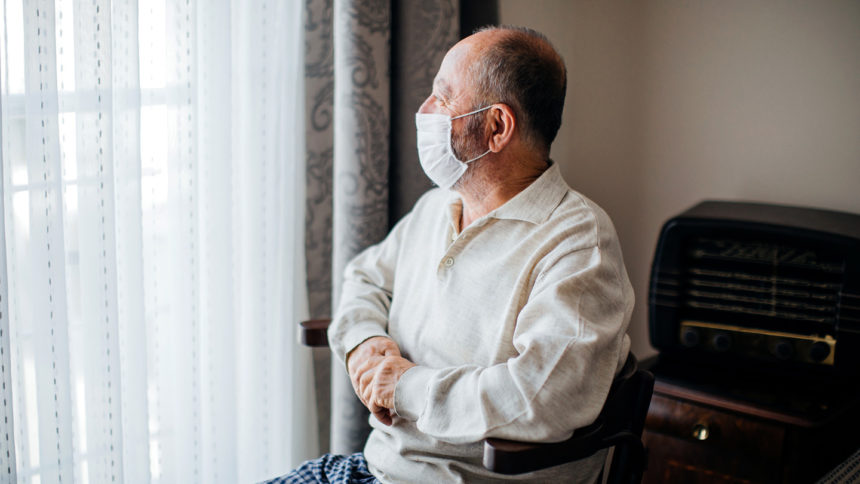
Strong spirituality may have protected residents of extended care facilities from psychological strain when facing social restrictions during the pandemic, a small preliminary study has concluded.
Investigators used prior Patient Health Questionnaire-9 (PHQ-9) admittance scores to assess the mental health of 24 residents in two facilities before pandemic shut-downs. They followed up with additional PHQ-9 tests 30 days later.
To assess spirituality, they used scores on a standardized functional assessment of spiritual wellbeing. Scores on this test included subscores for meaning (such as having a life purpose) and for faith (such as finding comfort in one’s faith).
PHQ-9 scores (which range from 0 to 27) changed anywhere from 7 points for improved emotional well-being to 9 points for worsened well-being during the quarantine isolation, the researchers reported. An analysis of these changes and spirituality scores revealed that stronger spirituality predicted improved PHQ-9 during quarantine precautions.
Spirituality “can provide a positive, hopeful worldview, offering indirect control over circumstances, thus reducing depression and anxiety,” they wrote. Taken together with prior studies from Brazil and France, the study suggests that spirituality may have helped to protect residents of extended care facilities from the challenges of pandemic isolation, they added.
In recent years, spiritual well-being has emerged as a key component of health-related quality of life. This preliminary study supports the potential of a positive impact for spirituality on “health and resilience to health events before the end-of-life process,” the researchers concluded.
The study was published in JAMDA.
Related articles:
Spirituality boosts quality of life for heart failure patients: review




